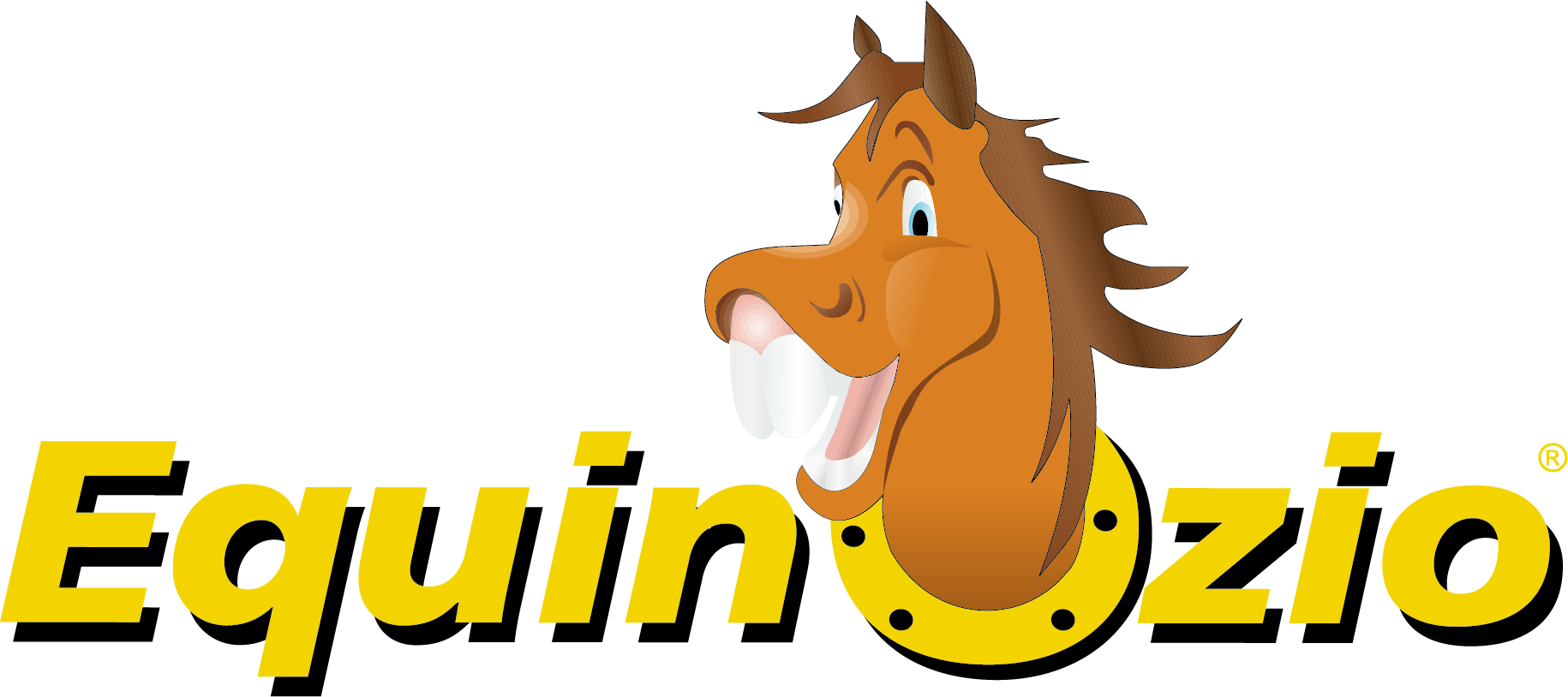Before the game starts, the chips are distributed and the bank fund is set up with the shares of the players who intend to become shareholders proportionally to the shares paid (the cashier will issue the receipt).
CUT HERE

FOR THE CASHIER RECEIPT FOR THE SHAREHOLDER
The unit value of the quota will be established by the participants. Before the start of each race, the “bets” of the players will converge in the cash-box. At the end of the race, drawing from the cash-desk, the winning bets will be paid in the pre-established amount.
One or more participants in the game will have the responsibility to manage the cash and play the role of competition judge.
Prizes for winnings are not proportional to the risk (excluding odd / even and winning / placed wagers) and the odds of winning are in favor of the dealer; nevertheless, it could happen that, due to the progress of the game, at the end of a competition the cash fund is insufficient to pay all winnings; in this case the bank’s shareholders will be required to refinance the cash fund proportionally to the fees paid. The bank’s shareholders, at the beginning of the game, may set maximum “stake” limits in order to limit the liability risk.
At the end of the game, between the two games, after the bank has paid all winnings, the shareholders will be allowed to withdraw their shares by collecting their updated value (corresponding to the amount of the cash fund divided by the number of shares participants). The remaining shareholders will share the bank’s financial assets for subsequent tenders in proportion to their shares.
In the same way, between one race and the next, after paying the winnings, players will be allowed to buy bank shares (at their updated value). At the end of the game the cash-fund will be divided among the bank’s shareholders proportionally to their participation fees.
